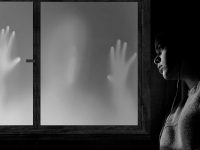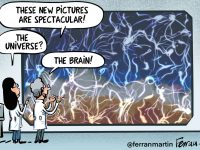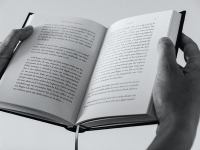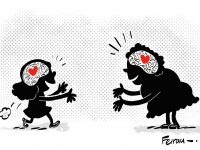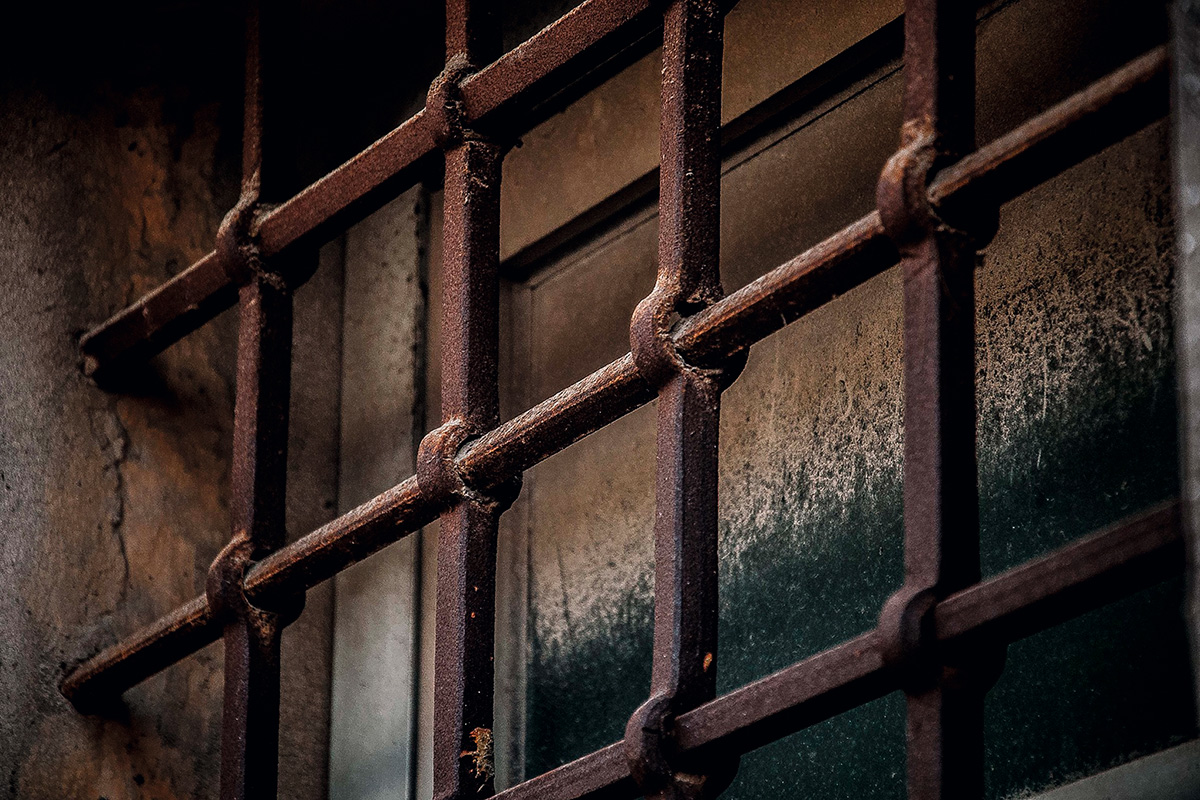
Mr. Smith is an exemplary citizen: a caring father, a loving husband and a respected doctor, always eager to help fellow humans. On a scorching July Sunday morning, after witnessing his neighbour’s Spaniel soil his garden, Mr. Smith calmly walks across to his neighbour’s house and violently beats him to death with his own son’s baseball bat. He then cleans the bat in plain daylight and sits down back in his porch to sip an iced coffee while he finishes reading the chronicle of yesterday’s football game. A week later, Mr. Smith, who hadn’t killed a fly in his hypothetical life, is diagnosed with a tumour in a part of the brain associated with criminal and psychopathic behaviour. ¿Is Mr. Smith responsible of his acts? ¿Did he freely decide what to do on that dreadful summer morning, or was his behaviour an incontrollable consequence of his pathology? In these cases, our intuitions tend to push us toward the latter conclusion, to the point that Mr. Smith could well be absolved in court; particularly if his tumour was curable and «old» Mr. Smith could be summoned back. Yet, many murderers are born with similar defects in their brains, or develop them due to a traumatic childhood. ¿Are they any more responsible of their acts than Mr. Smith? ¿Did they decide to be born as or be nurtured into psychopaths?
In a deterministic world – have argued from Schopenhauer to Sam Harris – all our actions result from past contingencies that elude our control, may those be due to our genes, the environment we have experienced or sheer luck. Given we don’t pull the strings tied to any of these factors, free will cannot be but an illusion. As Einstein put it (paraphrasing Schopenhauer): we decide what we will, but we don’t will what we will. In other words, what we will is an a priori dictated by our brain and the experiences and external stimuli that mould and have moulded it, not the result of free choice. To be fair, philosophers such as Dan Dennett argue there is a notion of free will that is fully compatible with the deterministic world we live on, but this notion seems far from the more «libertarian» idea of free will that feeds our everyday intuitions. ¿What does neuroscience have to say?
«In a deterministic world all our actions result from past contingencies that elude our control»
In a now classic experiment, physiologist Benjamin Libet discovered that the part of our brain in charge of movement control (the motor cortex) fires up around 300 milliseconds before we are conscious of having «decided» to move our hand. In a similar experiment, John Hayes and collaborators presented several experimental subjects with the choice of pushing one of two buttons while measuring their brain activity. Astonishingly, the activation of certain brain areas allowed researchers to predict which of the two buttons subjects would press between 7 and 10 seconds before they declared their volition to do so. More recently, researchers from UCLA and Harvard University were able to predict the actions of another set of subjects, with a precision of around 80%, based on the activity of a group of just 256 neurons, up to 700 milliseconds before they were conscious of having decided to execute such actions. These experiments seem to indicate that what we experience as free and conscious decisions are actually an illusion, a post hoc cognitive reinterpretation of something we had actually long ago unconsciously decided to do. If this is so, ¿in what sense, if any, can we state that our actions are guided by free will? Free will, at least as we commonly understand it, would be nothing more than an illusion. An illusion so convincing that we desperately cling to, but an illusion nevertheless. Perhaps we simply lack the freedom necessary to accept the fact that we just aren’t free.

